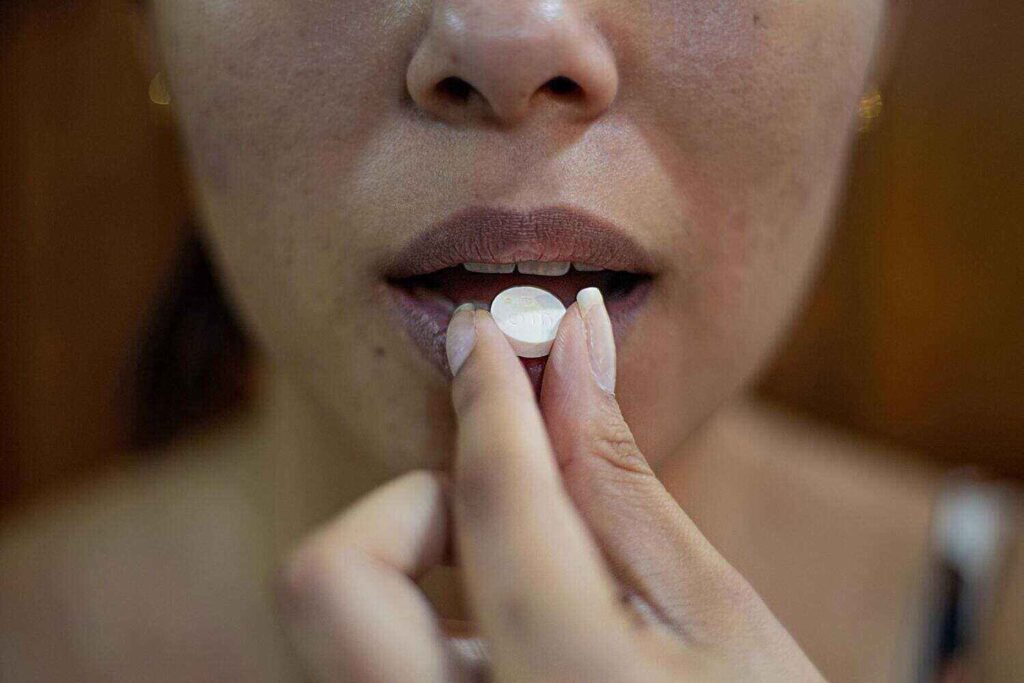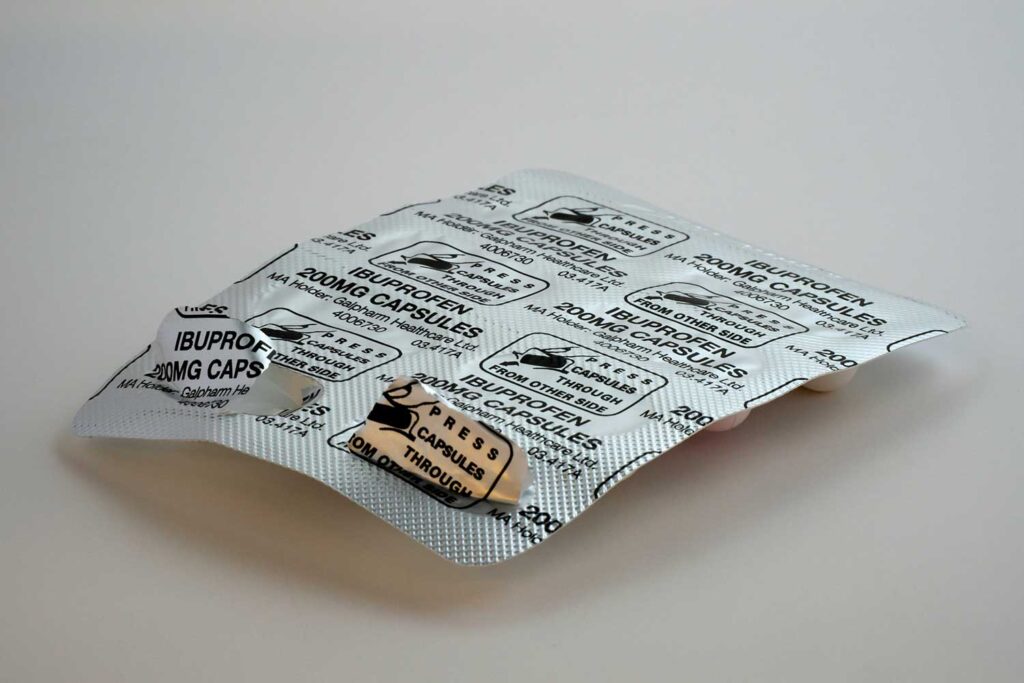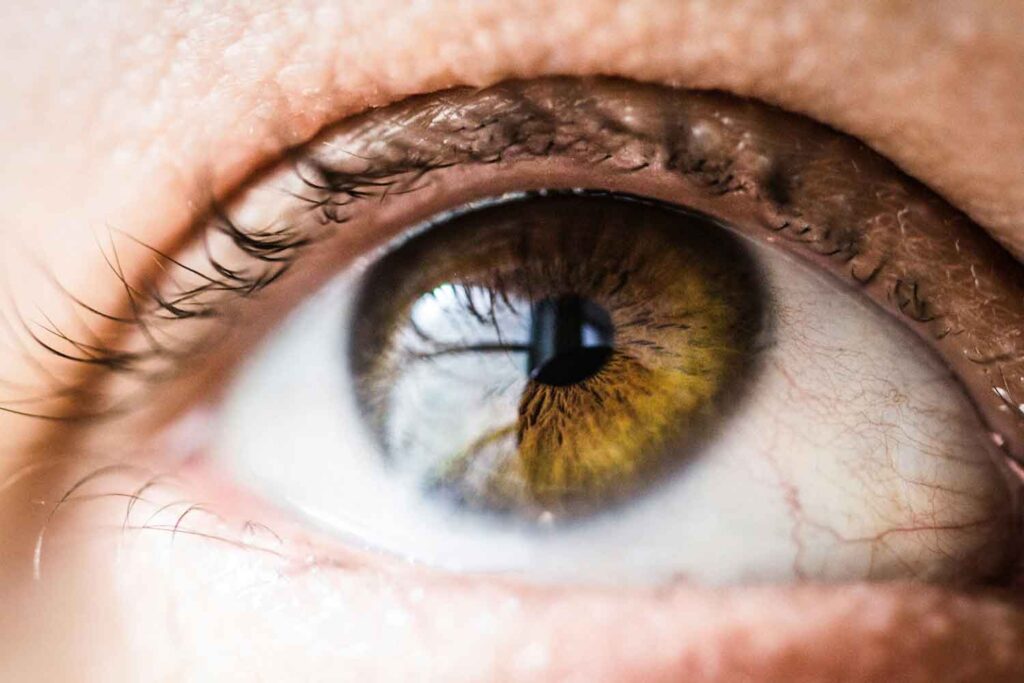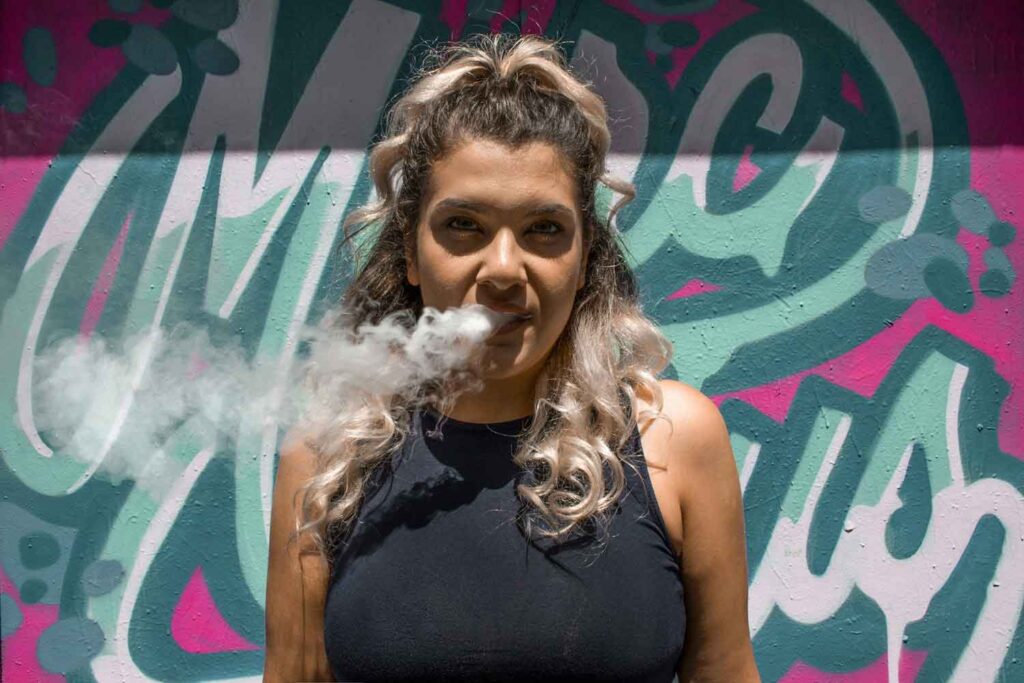Does Numbing Cream Work for Tattoos?

It’s no secret that tattoos hurt. Depending on where you get them on your body, you could be in considerable pain. For most people that go under the needle, the pain is worth it. After the temporary pain, you’ll hopefully have a beautiful design that you absolutely love. However, for some people, the pain, or even the thought of the pain is preventing them from getting a tattoo. Thankfully, there are numbing creams designed for procedures done on or just below the skin. However, does numbing cream work for tattoos? Here’s what we know.
Photo: Unsplash
Does Numbing Cream Work for Tattoos?
Yes! Numbing cream can be a safe and effective way to minimize the pain from tattoos.
Numbing creams are a type of topical anesthetic and contain local anesthetic for pain control. According to Healthline, local anesthetics work by preventing the nerve from communicating with the brain.
If the nerve cannot communicate with the brain, you won’t be in pain.
Using numbing creams for tattoos is simple. All you have to do is follow the instructions on the numbing cream before your tattoo appointment. Make sure you’re not allergic to any of the ingredients. In addition to that, make sure you don’t use more than is directed.
In case you’re wondering where you can get numbing cream, check your local pharmacy. According to Healthline, local anesthetics approved for home use include:
- Tetracaine
- Pramoxine
- Benzocaine
- Lidocaine
- Dibucaine
FYI, these are the active ingredients in the numbing cream, the actual product will probably have a different name.
Are Numbing Creams Safe?
They are but they aren’t without risks.
According to a 2007 Reuters article, frequent use of numbing creams can cause irregular heartbeats, seizures and death. The article mentioned two women who used numbing cream after laser hair removal and died after.
The article says risks of adverse effects increase if you:
- Leave the creams on for an extended amount of time
- Apply the cream to a large part of the body
- Have severe liver disease
- Have heart disease
Reuters suggests:
- Talking to your doctor
- Using the lowest dose possible
- Using only FDA approved products
Healthline says local anesthetics typically don’t have side effects. However, if there you are administered too much you could experience:
- Numbness
- Dizziness
- Ringing in ear
In rare cases, Healthline does agree that seizures and a slowed heart rate can occur.
What is the Best Numbing Cream for Tattoos?
Now that you know a numbing cream is an option, the trick is finding one. While you can always ask your local pharmacist, here are some numbing creams that are highly rated:
1. TKTX Numbing Cream
TKTX numbing cream is specifically marketed to people who are doing cosmetic procedures like tattoos. They offer a product that they claim takes between 25-35 minutes to work and lasts between 1-2 hours. They have several ingredients that reduce pain and swelling. We haven’t been able to verify if it’s FDA approved or not so definitely talk to your doctor first.
You can check out this review of the cream:
2. Zensa Topical Anesthetic Numbing Cream
Zensa has 5% lidocaine and claims to numb the skin so you can comfortably get your tattoo. It shouldn’t interfere with the tattoo process or the setting of the ink. It’s said to be FDA-approved.
You can check out a review of this product here:
3. Deeveeant Topical Numbing Cream
This numbing cream has 4% anesthetic lidocaine as well as tea tree extract, jojoba, and aloe vera. It’s supposed to make your skin numb for up to 2 hours. We’re not sure if it’s FDA approved so it’s best to get a consult first.
Here’s a review of the product:
We don’t endorse any of these products however, they seem to have good reviews from the community. We encourage you to do your own research and speak with your doctor, regardless.
What Else Can I Do to Numb Tattoo Pain?
If you want to forgo numbing cream, there isn’t a whole lot you can do about tattoo pain. However, Healthline provided some helpful tips:
- Get your tattoo done at an experienced piercer, as they finish them quicker. This won’t make getting tattooed less painful but you’ll be done faster.
- Keep hydrated because getting tattooed on drier skin hurts more.
- Eat before you get your tattoo because having low blood sugar may cause it to hurt more.
- Rest if you’re sick instead of getting a tattoo. Getting tattooed when sick is likely to hurt more due to an increase in pain sensitivity.
Whatever you do, don’t take painkillers or alcohol before getting tattooed. They could have serious adverse effects.
Can I Use Weed to Dull the Pain?
Stoners have been using weed for pain for centuries. However, there isn’t a clear-cut answer. There isn’t a lot of research about weed and tattoos.
Sure, weed could probably dull the pain but it may not. For some people weed increases their heart rate and blood pressure which could cause issues with bleeding. Some people may actually have a more painful experience due to weed.
On the other hand, some people get stoned to lessen their anxiety and pain.
If you know your reaction to weed is conducive to a better tattoo session and your piercer allows it, you may be okay.
Conclusion
Does numbing cream work for tattoos? Yes, they do. Numbing cream contains a local anesthetic that literally numbs the area so you won’t feel much or any pain. Of course, nothing is without risk. Have a chat with a healthcare professional before you get numbing cream. Make sure you do research on the one you want and follow the instructions to avoid adverse effects. If you don’t want numbing cream, you could employ other methods to make the experience less painful.












